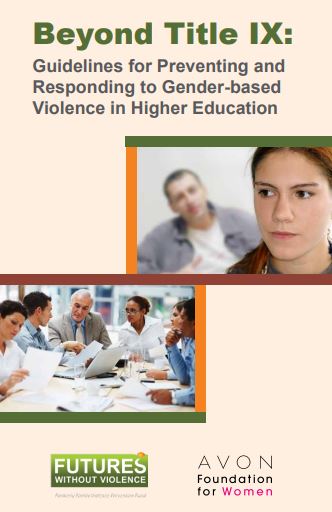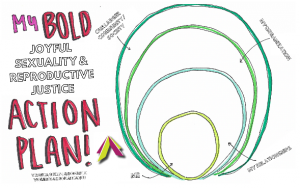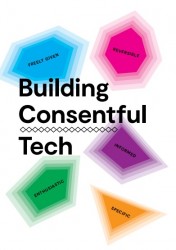Resources Library: Prevention
Start a Search:
Best Practice Tools and Resources for Coordinated Community Response Teams
An annotated list of best practice resources for coordinated community response teams. Resources include a wide range of resources such as a toolkit for newly created CCR teams, a blueprint with model policies for more advanced CCR teams, links to related webinars and trainings, and other helpful information and publications.
Beyond Title IX from Futures Without Violence

Futures without Violence and the Avon Foundation brought together a National Campus Advisory board to provide guidance on the new guidelines set forth around Title IX in responding to sexual assaults on college campuses. This report, which comes from this gathering of experts, seeks to move the efforts of higher education institutions past complying with the guidelines to creating a culture of gender-based violence prevention and response.
Excerpt: While legal requirements shape how campuses address gender-based violence, this document goes beyond the legal requirements and points the way to systems, practices and policies for leadership in prevention and response. It addresses intimate partner violence, stalking and sexual misconduct, recognizing that institutions may choose to have separate or integrated policies regarding these offenses. Although many campus policies, as well as the Dear Colleague Letter, address only sexual misconduct explicitly, intimate personal violence and stalking also contribute to an environment hostile to women and are often interrelated.
Bold Joyful Sexuality and Repro Justice Action Plan

As advocates and preventionists, we can take steps in our professional roles to create a world where all people experience joyful sexuality and reproductive justice. Let’s practice setting a bold action plan for how we can integrate joyful sexuality and reproductive justice across each level of the Social Ecological Model. Below we’ve provided prompts, as well as examples, to get you started.
This is a fun and flexible activity. You can use it in so many ways: for personal reflection, as an exercise in your staff as team building or in-service, use with community partners when mapping out shared values or potential projects, or in programming with youth and adults.
Me: What will you do as an advocate or preventionist?
Examples: I will donate money to abortion funds; I will know my body better; I will experience holistic pleasure.
My Relationships: What can you do to support survivors and clients?
Examples: I will support the survivors that I work with in dating online/forming new relationships online; I will uplift diverse experiences of pleasure; I will explicitly incorporate consent into my relationships with clients.
My Organization : What can you do in your agency? What about with your agency’s partners?
Examples: I will look into my agency’s policies surrounding dress codes; my organization will form partnerships and collaborate with organizations in my community who are working on issues related to reproductive justice; my organization will offer space and resources to organizations working on reproductive justice.
Our Larger Community/Society: What will you do to make an impact on your larger community and society?
Examples: I will connect with my legislators/advocate for policies that center reproductive justice (e.g., access to abortion care and contraception, comprehensive sexuality education, access to childcare and paid parental leave, etc.); I will push against heteronormative policies.
Building Consentful Tech zine

(as originally posted on GutsMagazine.ca on 2/22/2018)
Our data can be so many things: our locations and travel times tracked by Uber, our search and browsing histories on Google, and the words we use frequently in our Facebook posts. Building Consentful Tech prompts tech creators, such as app and platform developers, to reflect on how they can give users more agency and information on how (and whether) they share their personal data.
Building Healthy Futures - Prevention education flyers
The Building Healthy Futures Fund (BHFF) was created to establish a statewide revenue source for local Sexual & Domestic Violence Agencies to implement evidence-informed prevention programming to disrupt the root causes of sexual and intimate partner violence.
These educational flyers were created to assist and support parents and other caring adults in young people's lives with approaching conversations about consent, sexuality, and gender expression and identity. Discussions about these topics are critical to a young person's healthy relationships, identity development, and lifelong well-being. Establishing a safer space to talk through what can be tough topics can open the door for them to ask a trusted adult about more difficult situations such as harm and abuse. We encourage you to explore the resources shared on each flyer or contact us at the Action Alliance if you would like to learn more!
If you would like to support the Building Healthy Futures Fund you can purchase a Peace Begins at Home license plate, Virginia’s only license plate to help fund prevention of sexual and domestic violence, here: bit.ly/peacebeginsathome.

